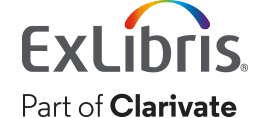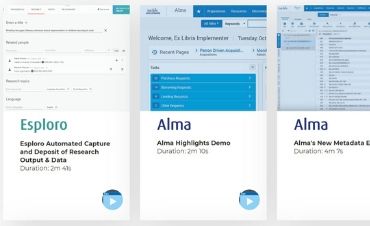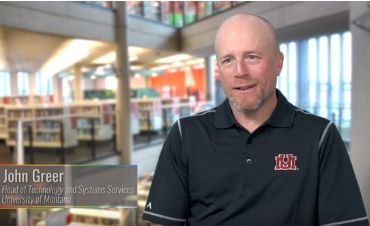Matthew Sherlock, Ex Libris
We live in a world with a 24-hour news cycle. On any given day, I receive five to ten “breaking news” alerts on my phone. What starts off as a brief paragraph about the news article will be updated with additional information, and by the end of the day the scope of the story may have changed completely from the original source.
In a recent report for Ofcom, “Scrolling News: The Changing Face of Online News Consumption,” Ofcom looked at how we are dealing with the proliferation of news media and found that for most respondents “online news was synonymous with news on their smartphone,” with approximately 75% of the sample accessing online news primarily via smartphone.

In the era of “fake news,” if you can’t trust the information you receive you will soon lose faith in the source. Once that trust is gone it is incredibly difficult to get back.![]()
Ofcom found that people generally underestimate the amount of news that they are consuming. We are constantly accessing news content, and sometimes we don’t even realize it.
Part of the appeal of online news is that it is always updated. When we access news online, we trust that any important new developments will be added to news articles as they occur.
What does this mean for Higher Education?
91% of those surveyed in the Ofcom report checked news online multiple times a day, and universities and colleges are no different from any other public facing institution that needs to supply this information. Every day, all over the world, prospects and students alike rely on their mobile device to access information about their academic and social lives.
There could be wide ranging consequences if the content they see is incorrect. In the UK, the Competition and Markets Authority even has legislation requiring universities to “give students the clear, accurate and timely information that they need so they can make an informed decision about what and where to study”.
Prospects rely on universities’ online content for course details, fees, and funding when choosing where to study. Current students check opening hours, support service availability, and contact information, and make important decisions based on what they read.
In the era of “fake news,” if you can’t trust the information you receive you will soon lose faith in the source. Once that trust is gone it is incredibly difficult to get back.
In my next blog, I’ll look at some tips that can help Higher Education institutions manage their content and ensure that it is up-to-date at all times for the “always on” generation.
March 21, 2019






